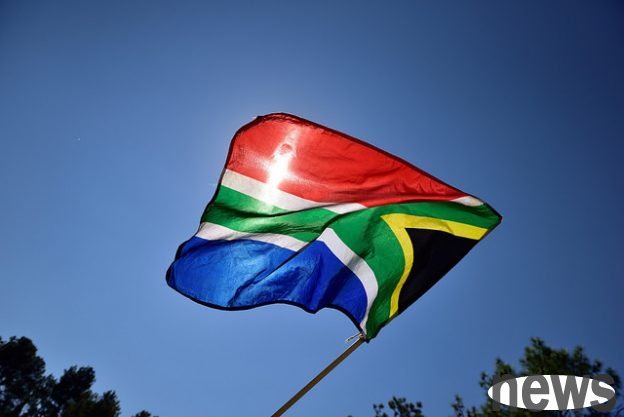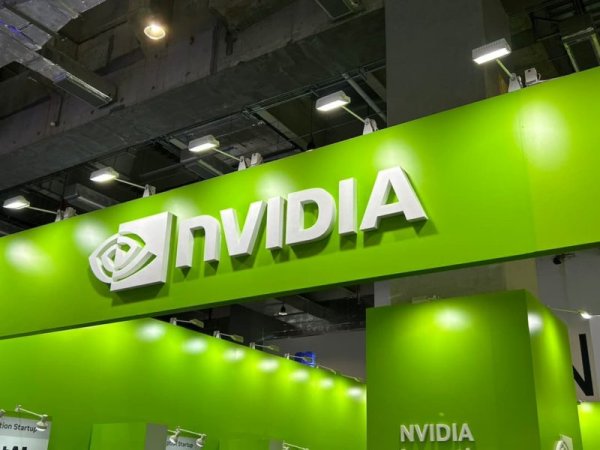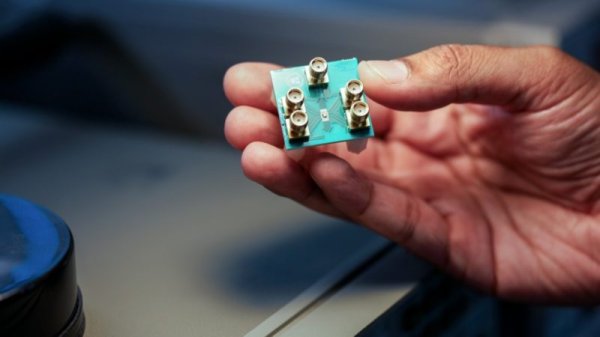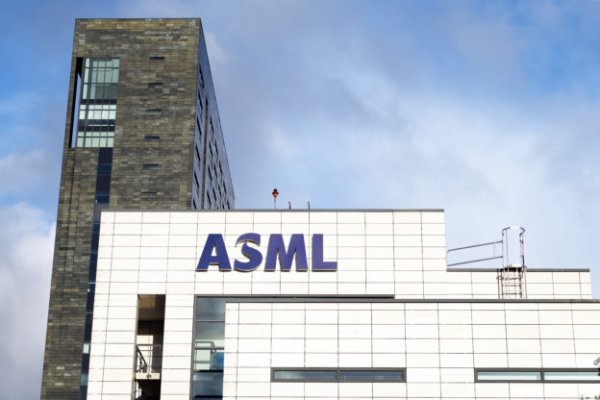South Africa suggests that it is indispensable for semiconductors to hold important metals, and the Ministry of Economic Affairs has called for restrictions on chip exports

In the process of upgrading diplomatic tensions, Taiwan's Ministry of Economic Affairs had previously announced the imposition of semiconductor export restrictions on South Africa to counter South Africa's cooperation with China's crackdown on Taiwan. However, this project's tough measures to lock down the chips required for South African automobile industries were urgently called for a 25th day after the announcement. The rapid reversal of this policy highlights the complex international political pressure that Taiwan faces when using its key semiconductor influence to conduct diplomatic operations.
The Trade Department of the Ministry of Economic Affairs announced on September 23 that it would cancel the export permission for 47 items including integral circuit chips, memory and semiconductor wafers to South Africa. The Ministry of Economic Affairs stated at that time that this should be a "counterattack" against the South African government's second cooperation with China to combat Taiwan. Since 2024, South Africa has not been referring to Taiwan's call for the second time, and cooperated with China to impose pressure on Taiwan, including name change, downgrade, and sluggish signatures. These actions of the South African government are considered to be harmful to national security and public safety guarantee structures by Taiwan, and may have adverse effects on the normal development of Taiwan's economic trade.
Taiwan's trade supervisory agency said in a statement that South Africa tried to lower the level of Taipei's representative office and forced it to travel from the capital Pretoria to Johannesburg. This action reflects Taiwan's increasingly dissatisfaction in diplomatic areas by China. According to the statement of the Taiwan International Trade Bureau, trade restrictions are adopted to maintain Taiwan's ownership. This batch of restricted 47 items generally involve semiconductor wafers, chips, memory, solar batteries and modules, integrated circuits, etc. Taiwan intends to impose pressure on South African automobile industries that rely on Taiwan's chips.
Although, according to official Taiwan data, the semiconductor-related products included in the export suspension list to South Africa in 2024 were worth about US$4 million, and the total trade volume of both sides was less than US$1.5 billion, but this is the first time that Taiwan has used its semiconductor industry as a "weapon" to deal with countries closely related to China, which has been described as rarely strong by foreign media. China responded quickly to the restrictions announced by Taiwan. The Chinese Ministry of Foreign Affairs stated that Taiwan's restrictions would not have a practical impact on South Africa's technology industries. It is said that these actions will only "counter" or "self-stricken" and praise South Africa for promoting the relocation of Taiwan-related institutions.
China indicts Taiwan for political manipulation, threatening the stability of global semiconductor supply chains, and warns that this type of resistance has damaged cooperation and trust. The Chinese Ministry of Foreign Affairs further emphasized that China is ready to stand up to provide chips to South Africa and expand cooperation in other fields under the framework of comprehensive strategic partnerships. China also reiterates its commitment to global development and fair trade, and supports multilateralism and World Trade Organization (WTO) reforms to protect the rights of developing countries.
Just after Taiwan issued restrictions on the export of relevant semiconductors, South Africa immediately reported that Taiwan had key resources indispensable to the semiconductor industry. Although the South African Foreign Ministry reiterated that South Africa's relations with Taiwan do not involve politics, it also implied that South Africa is an indispensable supplier to the raw materials of global semiconductor industry, including metals such as Palladium. In addition, South Africa is intending to shift from a mining model to a strategic value-added model, which means building advanced industries in the country and transforming raw materials into high-value products, which will create a more powerful supply chain for the world and bring advanced and sustainable growth and employment opportunities to South Africa.
After South Africa made this hint, the Taiwan Ministry of Economic Affairs issued a statement on the 25th saying that it had decided to suspend the issuance of a notice of export restrictions on 47 semiconductor goods in South Africa. In this regard, the Ministry of Economic Affairs explained that the case information was not published in the Executive Yuan Public Report Center, so it has not yet entered the formal preview process, but only the Ministry of Economic Affairs’ website electronic publishing column information. According to the Ministry of Economic Affairs, the suspension of release is a decision after discussion and confirmation with the Ministry of Foreign Affairs. It is understood that the diplomatic unit may have other considerations as the entire incident involves complex diplomatic relations and therefore requires the Ministry of Economic Affairs to issue a ban. The sudden call for a suspension of export restrictions has only been two days after the announcement of the announcement.
South Africa has cut diplomatic relations with Taiwan in 1997 and is accelerating the promotion of requests to relocate the representative office of Taiwan. It is preparing for the 20-National Group Leaders' Meeting to be held in November, and Chinese President Joe Jinping is expected to attend.




